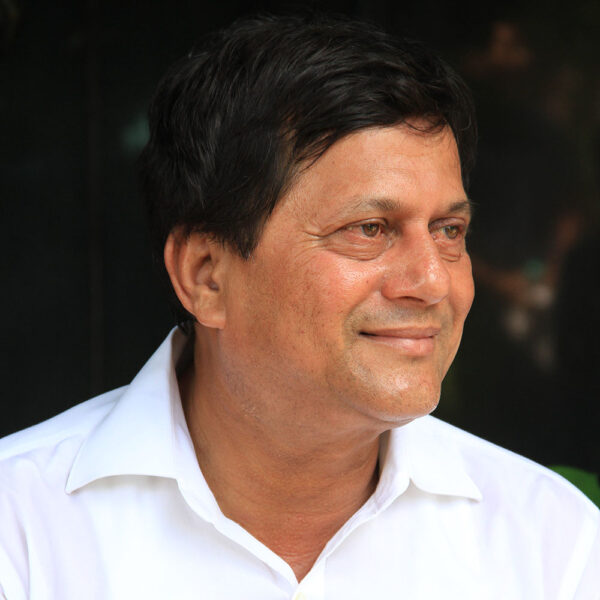POSTGRADUATE PROGRAMME
The KIIT School of Law offers One year LL.M Programme for the Academic Session 2024-25. The Programme consist of Two Semesters with different specializations.
MASTER OF LAW (LL.M) – ONE YEAR PROGRAMME
ELIGIBILITY
Candidate should have passed 5 Year Integrated B.A.LLB(H) / B.B.A LL.B(H) / B.Sc.LLB(H) degree or 3 Year LL.B(H) degree from any recognized university and must have secured at least 55% marks in aggregate.
ADMISSION
Admission to the said programme shall be done through an All India Admission Test (KIITEE) which is conducted by the University every year or through CLAT.
Course Structure
SPECIALISATION
Corporate and Commercial Laws
Technology and Intellectual Property Laws
Constitutional and Administrative Laws
Criminal Law and Criminal Justice Administrations
Family Laws and Family Welfare
Public and Private International Laws
1. To develop integrated legal education & offer three conjoined honors degree courses (B.A.LL.B., B.B.A.LL.B, and B.Sc. LL.B).
2. To produce Law graduates with core values of high professional skill, integrity and competence with the following-
- Proficient in legal skills
- Critical analysis
- Reasoning
- Problem solving
- Constructing a legal perspective
- Effectively communicating within a legal concept
- Emphasizing intellectual and jurisprudential exercise of law in Social Context.
3. To explore possibilities of new areas of specialization in both undergraduate as well as post-graduate level.
Name of the Program: LL.M
The Post graduate students after completion of LLM program shall be able to:
PO.1. Critical Thinking: Take informed actions after identifying the assumptions that frame our thinking and actions, checking out the degree to which these assumptions are accurate and valid, and looking at our ideas and decisions (intellectual, organizational, and personal) from different perspectives to understand and offer solution within the realm of law.
PO.2. Effective Communication: Speak, read, write and listen clearly and use the nuances of legal communication in person and through electronic media in English and in one Indian language where the legal profession will be practiced, and make meaning of the world by connecting people, ideas, books, media and technology.
PO.3. Social Interaction: Elicit views of others, mediate disagreements and help reach conclusions in group settings and make use of rule of law to the best possible way.
PO.4. Effective Citizenship: Demonstrate empathetic social concern and equity centred national development, and the ability to act with an informed awareness of issues and participate in civic life through volunteering.
PO.5. Ethics: Recognize different value systems including your own, understand the moral dimensions of your decisions.
PO.6. Environment and Sustainability: Understand the issues of environmental contexts and sustainable development for the betterment of people served to the legal profession and the state or society as a whole.
PO.7. Self-directed and Life-long Learning: Acquire the ability to engage in independent and life-long learning in the broadest context socio-legal changes.
PSO.1. Understand in depth the concepts of Law and its application in research and teaching.
PSO.2. Critically analyse legal theories in difference fields of law and inculcate enhancement of knowledge through research and writing.
PSO.3. Acquire the skill of identifying contentious issues in socio-political and legal perspective for devising ways to counter the gaps between law and its implementation in various avenues of human interaction.
PSO.4. Empower to apply the theoretical knowledge of law ethically in all spheres of governance, regulation and dispute resolution.

